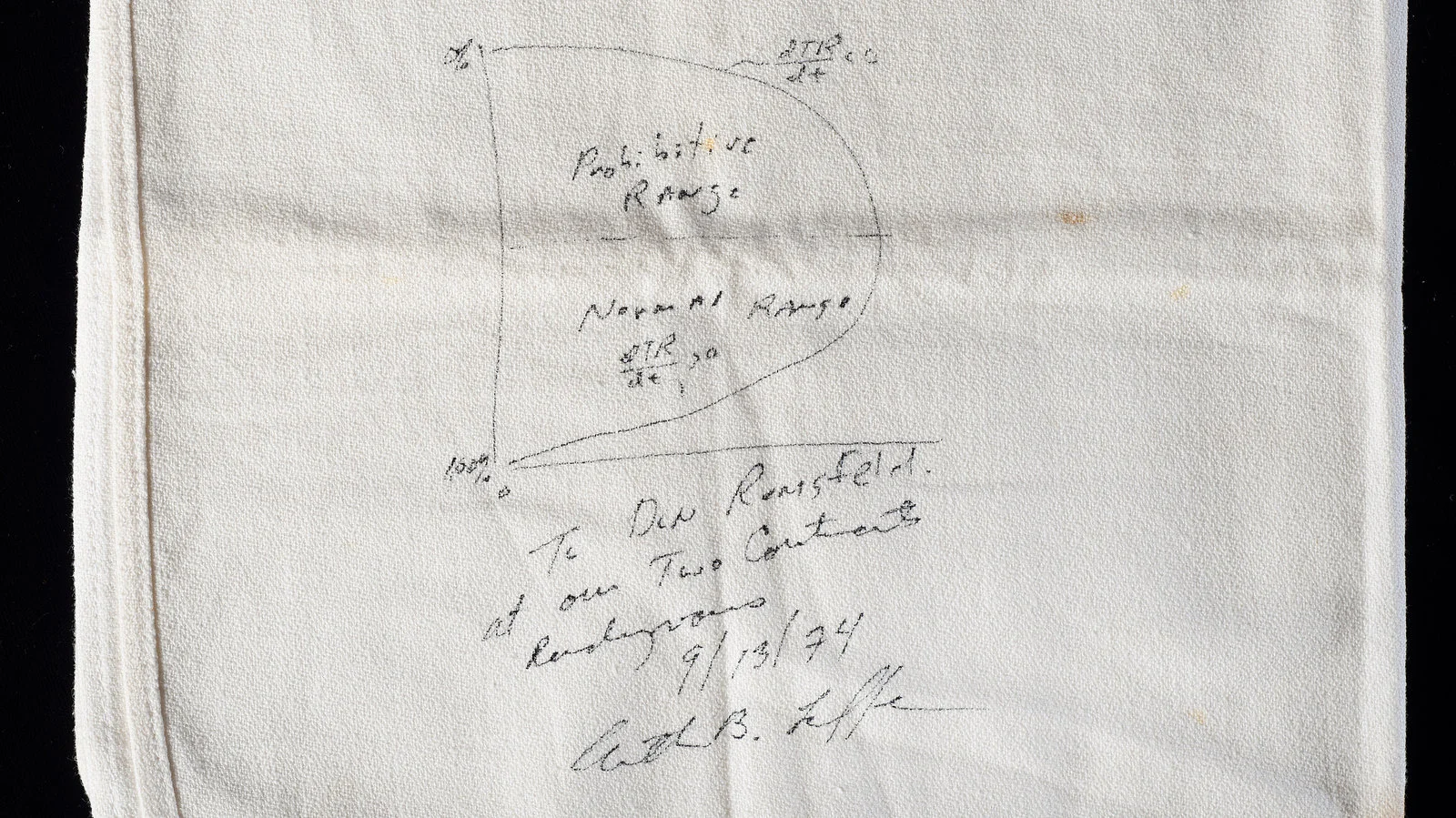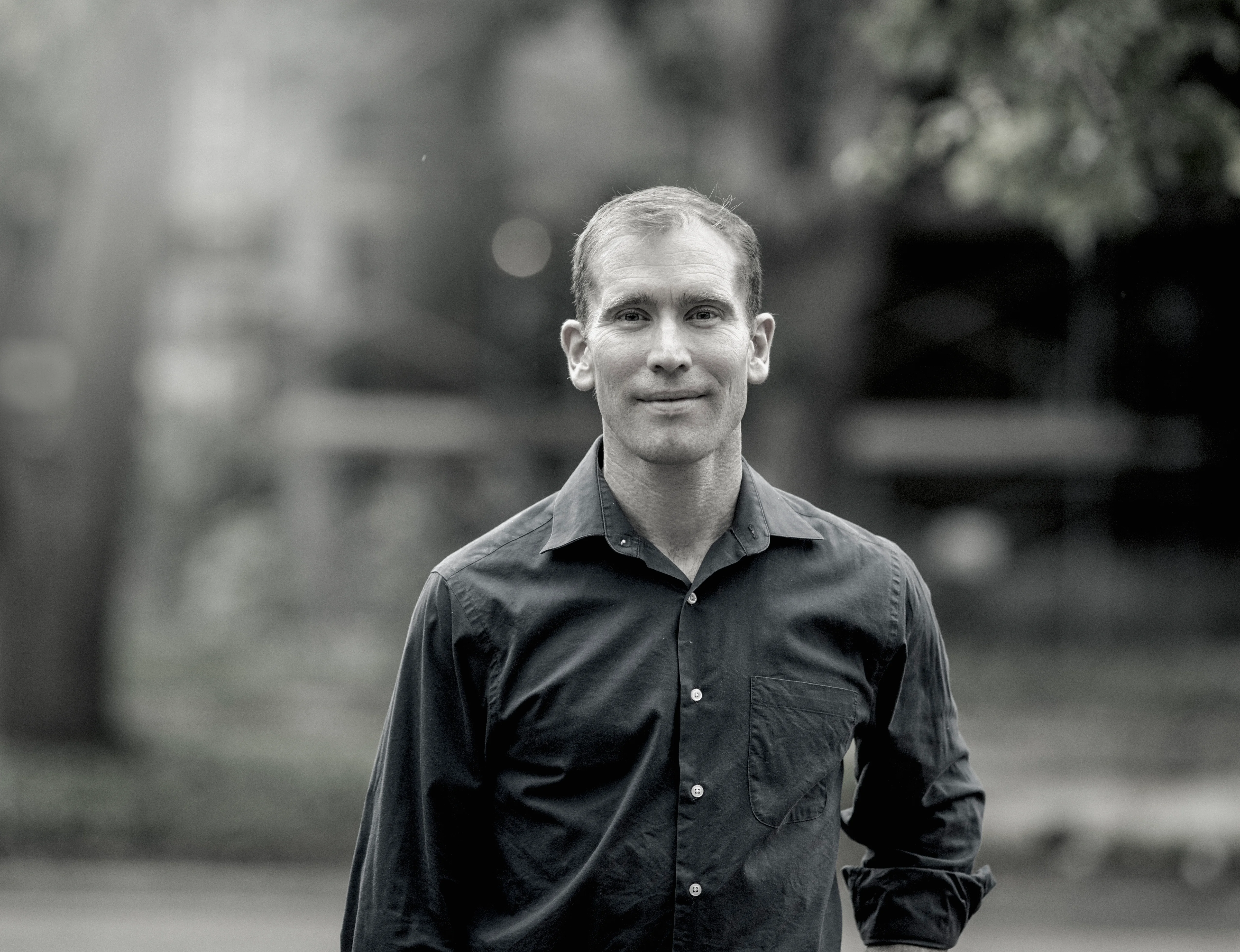
The New Planners
Trade is not a special case where Americans should trust the experts in Washington, D.C., to order their lives for their benefit.
Editor's Note: This contribution is part of Civitas Outlook's Tariff Symposium.
The president calls himself “tariff man.” The U.S. trade representative is a protectionist. The Secretaries of Commerce and the Treasury have both touted the benefits of tariffs and the need for protecting domestic industry from foreign competition. And the Congress isn’t doing anything to stop Trump from imposing tariffs at will. There’s not a free-trade economist within 100 miles of the current government. The “globalists” have been put out to pasture.
Does the trade regime Trump has created look like anything protectionists have proposed? In some respects, it does. A baseline tariff of 10 percent was an idea supported by Trump’s first-term trade representative, Robert Lighthizer, that is now in effect. Even goods from countries with which the U.S. has a trade surplus are being taxed at 10 percent.
But where’s the focus on China that protectionists always bring up? Protectionism is often pitched as the response to China’s mercantilism and a punishment for the communist regime’s abuses. Experts on industry and development, such as Robert Atkinson of the Information Technology and Innovation Foundation, have gone to great lengths to explain why China is different from other countries today and past economic competitions in U.S. history.
My National Review colleague Michael Brendan Dougherty wrote a piece whose title asks free traders to make a “small exception” for China. He likened China to the Soviet Union and said that just as conservatives made exceptions to small-government principles to build a military that could defeat the communists of yesteryear, they need to make exceptions to free-market principles to defeat the communists of today.
Granting, for the sake of argument, that China’s behavior warrants protectionism and tariffs would help correct course (a questionable assertion, as the past seven years of China tariffs have had little effect on China’s behavior), about 80 percent of the world’s economic production is not in China. About 85 percent of U.S. international trade is with countries other than China. There’s no reason for tariffs on all imports if protectionism is really about China.
Countering China should involve strengthening ties with countries that share concerns about Chinese aggression. Yet, goods from the rising Asian democracy with which the U.S. has been fostering its relationship, India, now face higher tariffs than Chinese ones (at least during the twice-extended “truce”), because of a misdeed — purchasing Russian oil — of which China is guiltier.
U.S. trade with other foreign adversaries — Iran, Russia, Venezuela, Cuba, North Korea — is already negligible. The 85 percent of U.S. trade with non-China countries is largely with friendly, rich countries (with upper-middle-income Mexico also a major partner). Rather than rallying the developed world against Chinese communism, the administration is harming nearly all international business relationships that involve trade in goods.
For the administration, trade deficits are the problem unless they aren’t. The U.S. has a trade surplus with Brazil, but Trump is upset by the treatment of former Brazilian president Jair Bolsonaro under the current socialist president, Luiz Inácio Lula da Silva, so Brazilian goods are tariffed at higher rates than those of countries with which the U.S. has large trade deficits.
The “reciprocal” argument doesn’t wash. Most major U.S. trade partners already have low tariffs, and Trump applied tariffs to countries that were already party to free trade agreements. Switzerland has had one of the freest trade regimes in the world for decades, and the average Swiss tariff on U.S. exports was 0.5 percent, lower than the also-low U.S. rate of 2 percent before Trump. Trump’s “reciprocal” rate is 39 percent. Switzerland is now considering canceling an order of F-35s, which would increase the trade deficit further.
Even people who believe the trade deficit overall is a problem don’t want to have imports equal exports for every country. “No particular bilateral deficit is necessarily problematic, so long as the nation’s aggregate volumes of imports and exports remain balanced — in a well-functioning system of global trade, countries might run deficits with some partners and surpluses with others,” wrote American Compass founder Oren Cass in his 2018 book The Once and Future Worker. Yet when Trump issued his executive order that set tariff rates based on bilateral trade deficits, Cass applauded Trump’s effort to “prioritize the national interest and the flourishing of the nation’s working families.”
Some tariff cheerleaders say it isn’t really about China or about zeroing out the balance of trade for its own sake. Economist Stephen Miran wrote in his November 2024 paper, “A User’s Guide to Restructuring the Global Trading System,” that the problem with the trade system is that the dollar is too strong because it is the world’s reserve currency. Tariffs should be used as a tool to negotiate a multilateral currency accord that would weaken the dollar relative to other currencies and make U.S. exports more attractive.
The paper was enough to earn Miran a spot in the Trump administration as chairman of the Council of Economic Advisers. Yet Miran made clear in his paper that he was not engaged in policy advocacy, and he reiterated as CEA chairman that the paper is not administration policy.
That’s clear from reading the paper, which says, for example, that tariff policy needs to be communicated clearly beforehand and should be structured to minimize shock to financial markets. It also says tariffs on problematic countries should be stepped up gradually over time, so long as misbehavior persists. The administration has not followed this action plan.
That means even putting the Harvard PhD tariff designer into the government doesn’t lead to tariffs being implemented as he said. The reason for this is simple and common across different policy areas: U.S. government policy is not made according to the sophisticated plans of experts. It is made according to a mishmash of electoral politics, bureaucratic incentives, special interest lobbying, white papers, and media feedback.
Trade is not a special case where Americans should trust the experts in Washington, D.C., to order their lives for their benefit. When Democrats want to use taxes and incentives to tinker with the U.S. energy supply, conservatives rightly see the dangers of unintended consequences and decry the insufficiency of government planners’ capability to reorder the economy in the national interest. It is no different for trade. If an administration led by a protectionist president and fully staffed with protectionists can’t pull off a coherent protectionist strategy, who could?
Dominic Pino is the economics editor and Thomas L. Rhodes Fellow at National Review and the host of the American Institute for Economic Research podcast Econception.

Trump's Troubling Economic Turn
How far will current economic regulations go in the Trump White House?

The Poverty of Vanceonomics
At the core of Vanceonomics is a preferential option for government intervention.

Entrepreneurial Freedom in the Age of AI
The AI economy can lead to a more inclusive economy that permits people the freedom to choose when they work, what they work on, and who they work for.
Get the Civitas Outlook daily digest, plus new research and events.









.webp)
